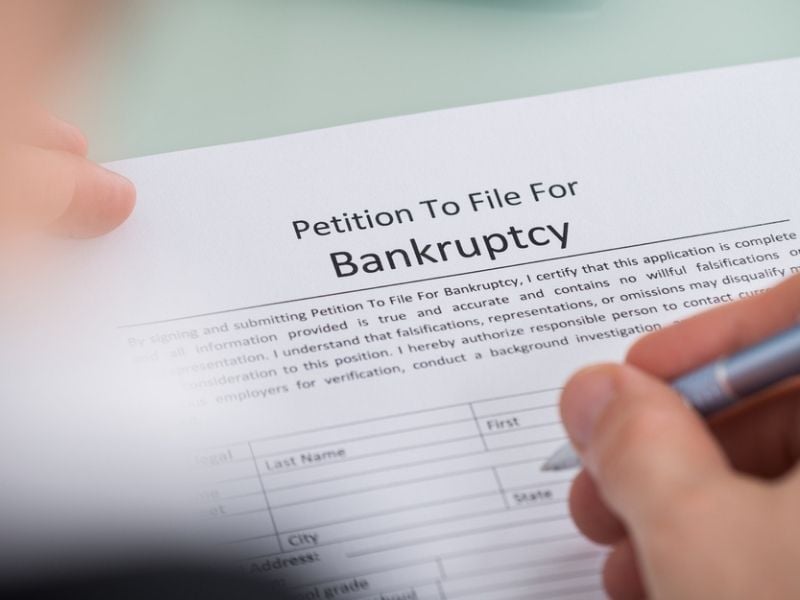
“Bankruptcy” can be a scary word for many people, says the Moorhead Law Group bankruptcy attorneys, but that doesn’t mean it’s all bad. In spite of the potential downsides, there are still some silver linings to be had (and even some positive elements to think about, if you can believe it). Today, we’re going to compare both the possible drawbacks and benefits that bankruptcy can bring, so that you can better understand the process and its effects.
Advantages Of Bankruptcy Filings
Far and away, one of the biggest benefits you’ll get from filing bankruptcy is the relief you’ll get from creditors. Pre-filing, you may have had numerous collectors and other interested parties contacting you incessantly about repayment. Post-filing, however, there’s a stay on collection actions, so all of those stress-inducing communications will likely come to a halt.
Filing for bankruptcy will also wipe out most of the debts you may have, which could include personal loans, credit card debt, medical bills, etc. There are some kinds of debt which bankruptcy won’t eliminate, but it will give you a fresh start free of most of your unsecured debts—upon which you can hopefully build a stronger financial future.
As far as your assets go, there’s a chance you’ll get to keep much of what you own. A majority of individuals who file for bankruptcy get to retain most of their belongings. This is because the way the law is structured, it protects certain types of personal property from seizure by creditors, up to and including your car (depending on certain circumstances).
What’s more, you can’t be fired from your job simply because you’ve filed for bankruptcy, and after you’ve filed for bankruptcy, your past missed monthly payments (and other assorted marks that count against your credit) will no longer be affecting your score.
Combined, all of these factors should put you in a good position to start rebuilding your finances and establishing a clear path to stronger credit. Bankruptcy is not without its downsides, though, so let’s next get into what you’ll need to watch out for when you are filing.
Disadvantages Of Bankruptcy Filings
When you file for bankruptcy, there’s always the possibility that your credit score will take a significant hit. Thankfully, this isn’t a permanent condition, so long as you’re ready to take steps to build your credit back you can remain confident that bankruptcy, long term, will be a suitable choice for helping you get back on your feet.
It’s important to keep in mind, though, that filing for bankruptcy will not discharge every kind of debt that you may have. In particular, debts like child support payments, alimony, student loans, and tax debts are ones that you are still responsible for in spite of your bankruptcy filing.
Finally, as alluded to above, there is still a chance that you will lose certain types of property when filing for bankruptcy. Though rare, a bankruptcy trustee can sometimes use your nonexempt property to pay back creditors. It may be worth speaking to a bankruptcy attorney to learn more about what kinds of property are exempt and nonexempt.
